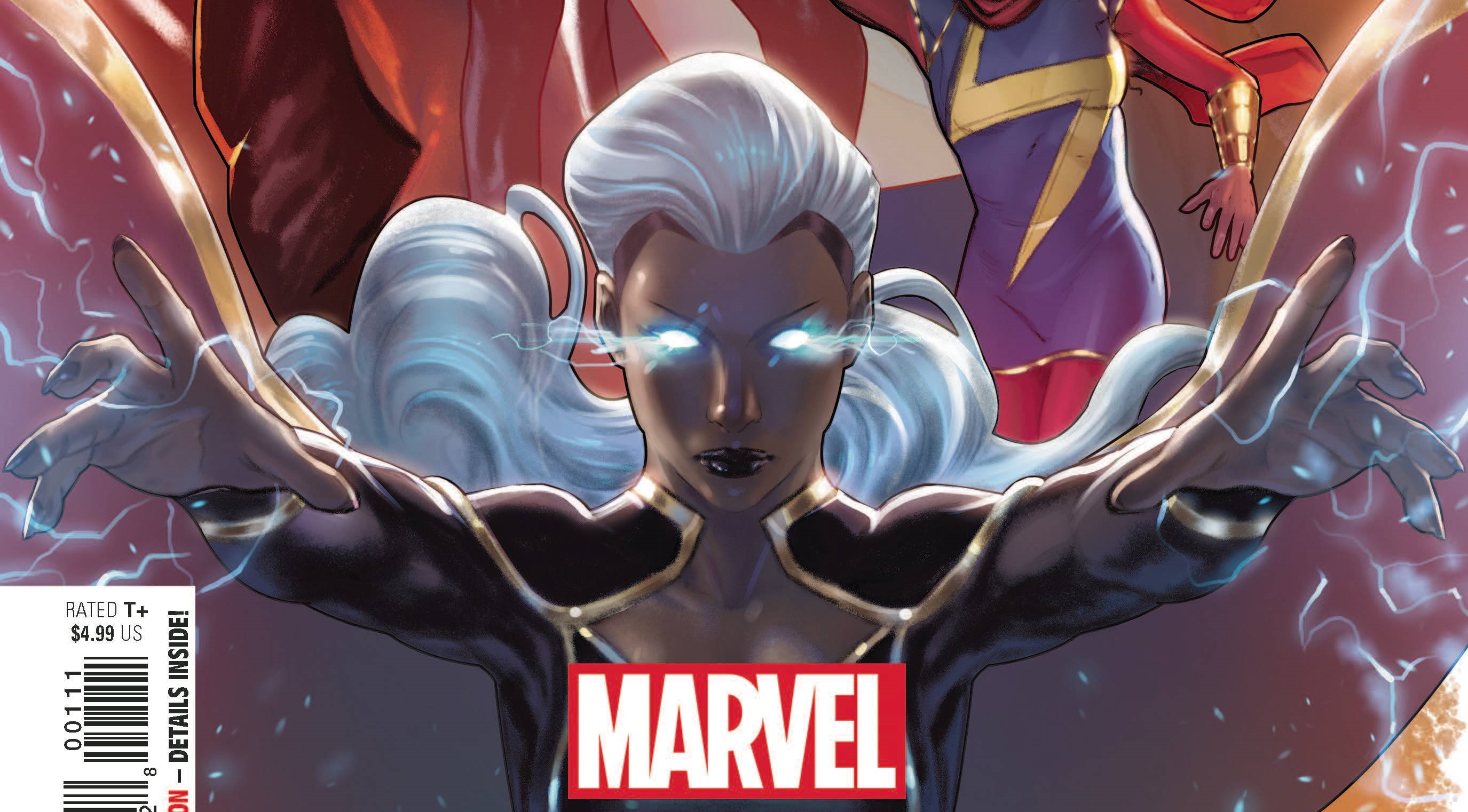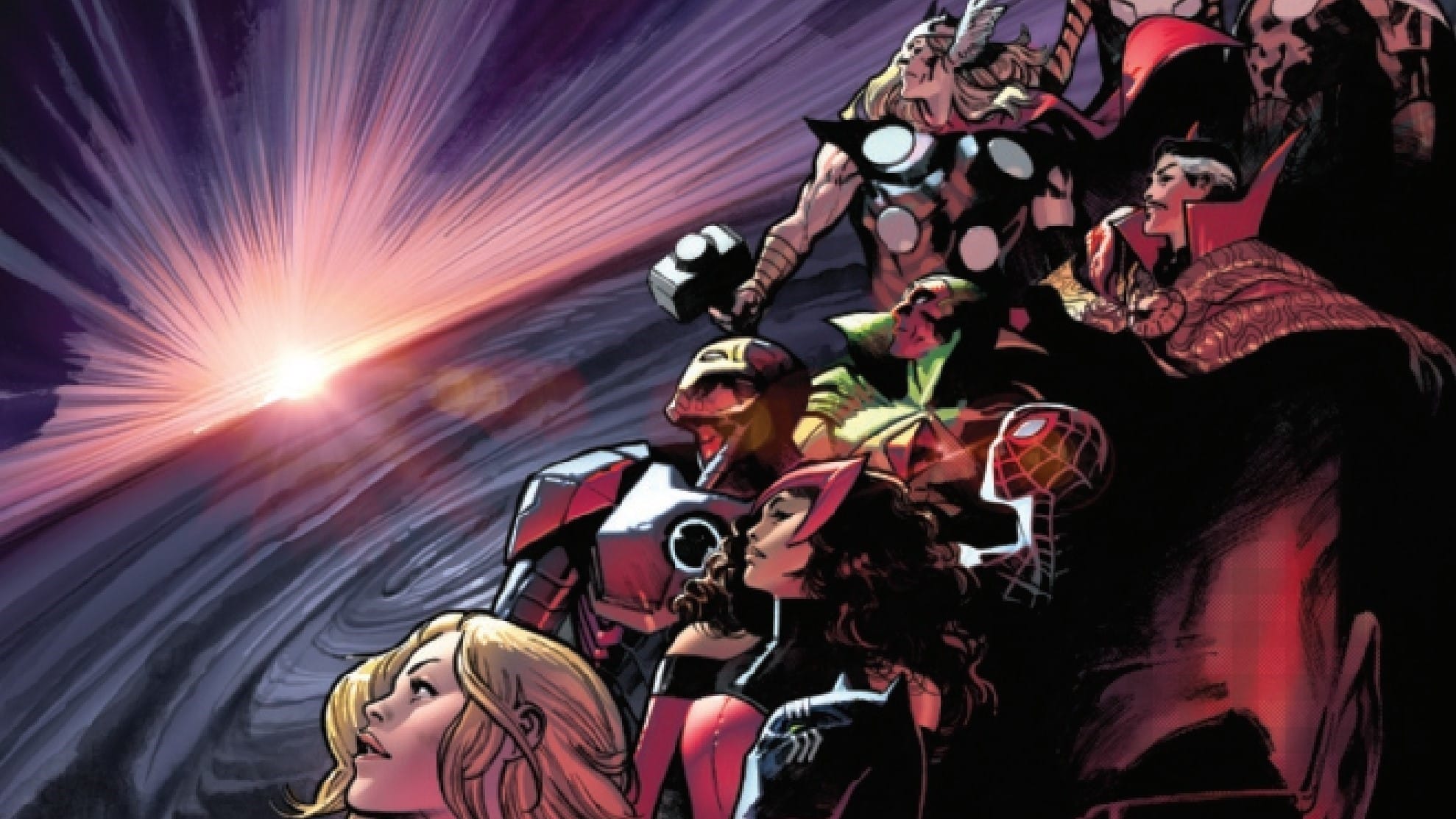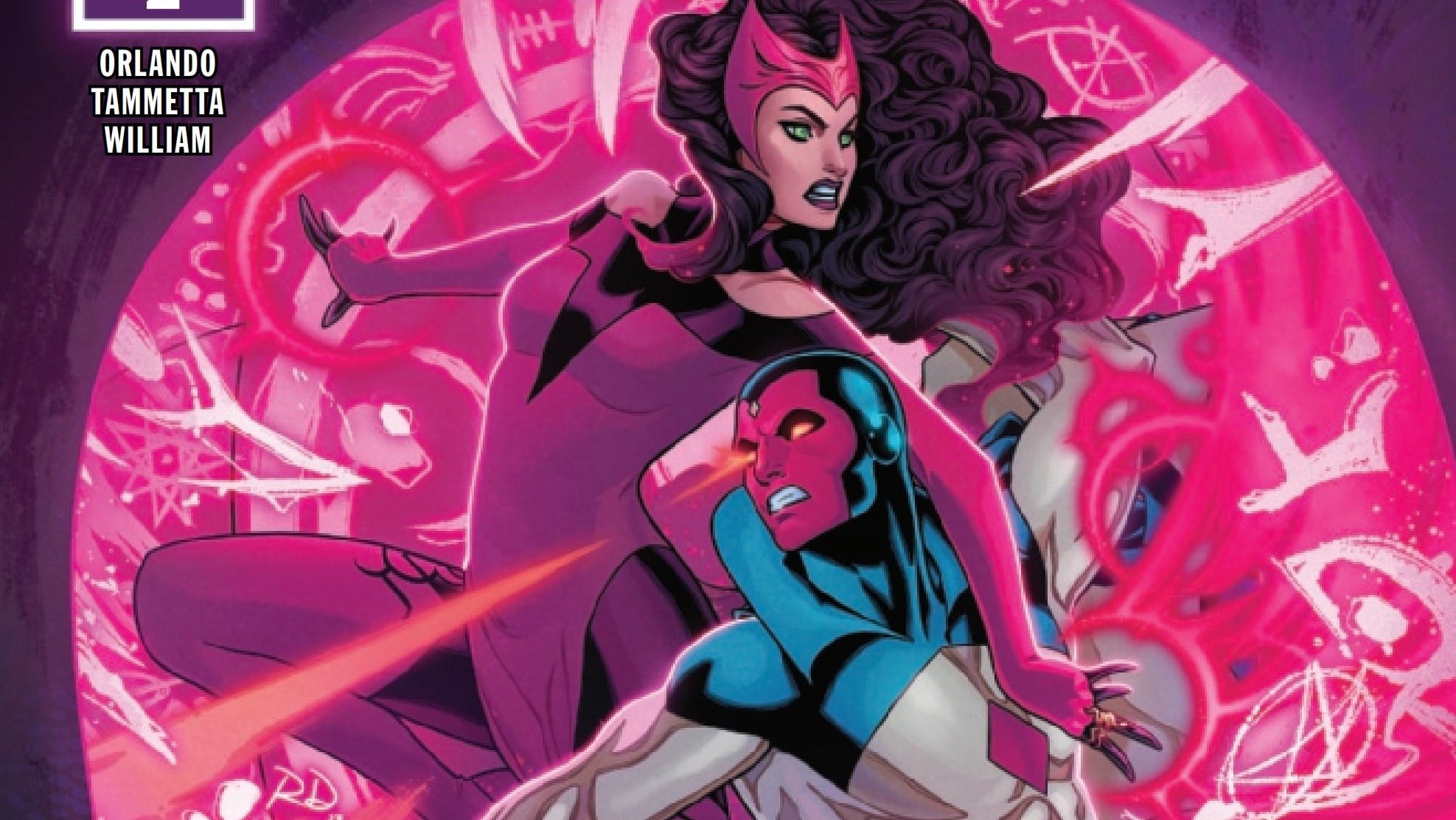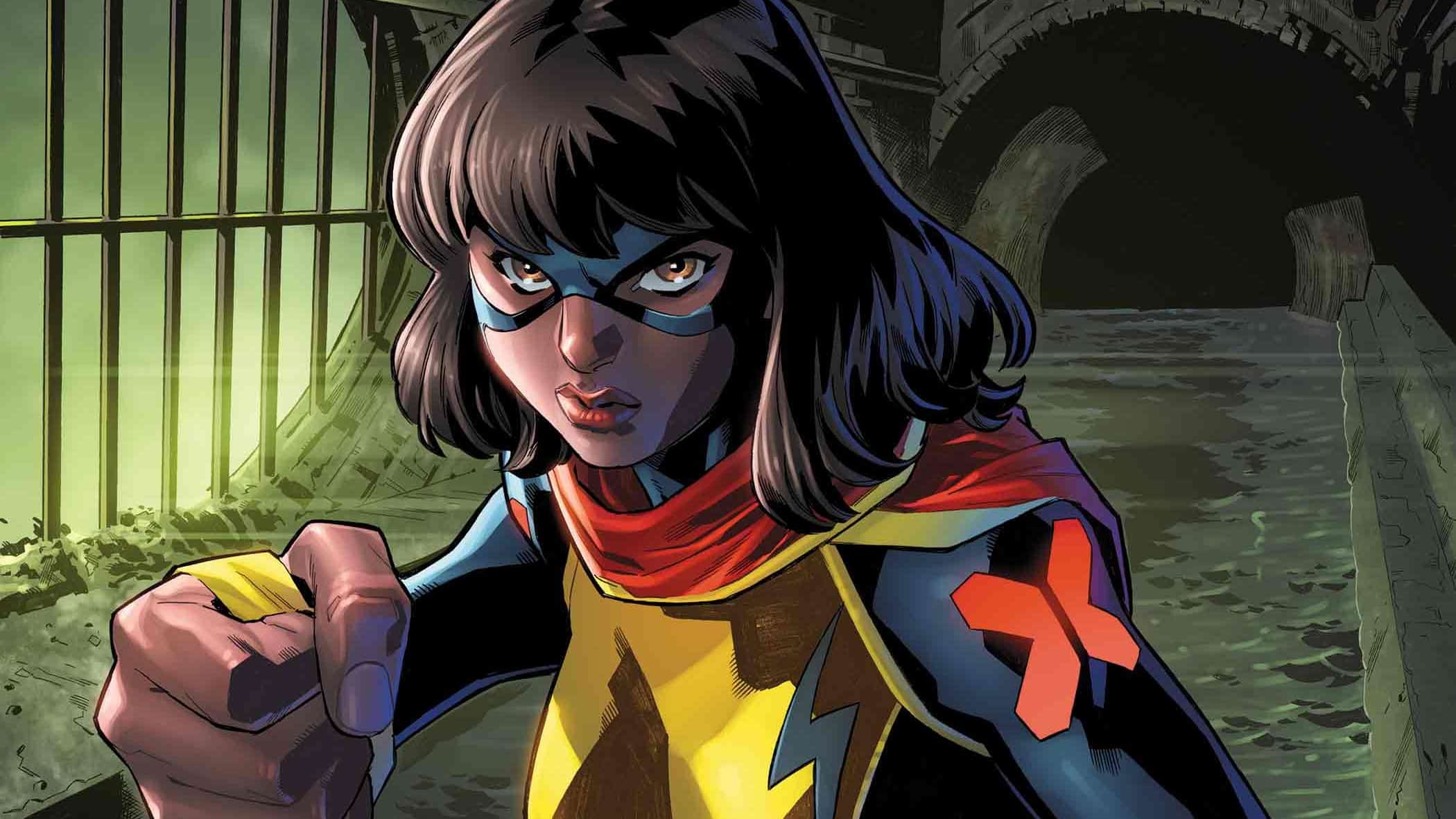I, like so many others of our certain (elder) age, grew up watching BET. And in between watching Rap City freestyles and Donnie Simpson (and most of the acts from this year’s Superbowl in their heyday), they’d be commercials.
But not just any commercials, but BLACK commercials.
(Because it’s BET you see. Blackity Black.)
And these commercials were a bit different than the ones I’d see on, say, MTV or NBC. Not just because the main characters were Black (although, yes, clearly and obviously, that was part of it too), but because the commercials were, well, how can I put this kindly…
Bland. Boring.
They sucked.
There’d be a nuclear family, smiling, happy, in the kitchen (always in the kitchen), no matter what the commercial was selling.
The family would smile. There’d be a voice-over from some bass-infused, clearly Black male narrator (over)using words like pride, finally, or, heh, legacy.
And then you’d see the corporate banner.
End scene.
The purpose of these commercials wasn’t just to introduce the idea of the product to the consumer; it was to validate the idea of the corporation to Black folk. To identify that corporate entity as the friends, if not advocates of Black people.
Because who else but an advocate who knows Black people would take the care to make Black people, oft-maligned in the media, seem “normal” and “respectable?”
And, if I’m honest, despite how cynical that description may sound, despite the modern (cringeworthy) connotations of “normal” and “respectable,” I was ok with those commercials. The ad dollars spent on the ads filled BET’s coffers and allowed them to showcase more, better programming; Black actors, Black directors, and Black ad agencies all enjoyed the spoils of that ad spend.
So who cares if it’s a good commercial, or a memorable one? That’s not the point.
You see where I’m going with this.
Marvel Voices: Legacy #1 is a commercial for Marvel corporate to show how much they care about Black folk. Through 10 vignettes (and a few informative interviews), Legacy attempts to show respect and reverence to Black characters and Black creators.
The stories are forgettable by design: there’s not a universe-shattering event tied to these pieces – no spin-offs or continuations. These shorts are meant to be simple, accessible stories, giving Black writers and illustrators an opportunity to tell a story (and, you know, get paid for it!).
This is good! While many of us are used to convoluted, oft-retconned origin stories and decades of context, most new readers, well, aren’t (and, pointedly, shouldn’t be expected to be – gatekeeping in comics is self-defeating, but that’s a story for another time.) Sometimes people just want a little smirk and smile, and these stories provide lots of both. Think of these stories like the Sunday morning comics in your local paper (remember those! If you’re my age you do! Get off my lawn!!) or the Wayne Family Adventures webtoon. These stories serve as good jump-on points for new readers, both to characters and to comics as a whole.
So yes, I smirked and smiled…but that’s it.
I didn’t leave with anything more than a smoke and smile even though the format – and these writers – are capable of so much more. In Black Panther #200, Juni Ba wrote and illustrated a short story heads and shoulders above what we see here. I wondered when I read it, knowing from solicitations that Legacy would be out in a few weeks, why it wasn’t included there. The story – non-linear, art experimental – wouldn’t have fit with the tone of this work.
In the same way, those old BET commercials served practical purposes while shortchanging the creative, I can’t help but feel the same about this work. I love that Black people created this book – that they (we!) wrote and illustrated and were interviewed for it and were paid for it. But artistically, the works left me wanting.
___________
A few weeks ago, I left my Local comic shop (Alliance Comics!) with Black Manta, Icon and Rocket, Green Lantern, Aquaman: The Becoming, Hardware, Nubia and the Amazons, and Static. These are all written by Black people and starring Black people.
They’re also all under DC’s umbrella.
The real commitment to diversity – to Black people – comes from hiring Black people to create Black characters and tell Black ass stories that take risks. It’s letting these highlighted creators take over properties and put their stamp on them. Yes, Marvel has books by Black creators, but the depth and breadth of DC’s current roster highlight how much work Marvel still has to do (and DC is far, far from perfect).
Buy Marvel Voices. Support the work and the podcast and the creators for a job well done. But a job well done does not mean the job – of true inclusion – is done. Unless Marvel continues to take more steps forward, they will run the risk of getting lapped by competitors, leaving the goodwill garnered by this book behind.
A proud New Orleanian living in the District of Columbia, Jude Jones is a professional thinker, amateur photographer, burgeoning runner and lover of Black culture, love and life. Magneto and Cyclops (and Killmonger) were right.
Find more of Jude’s writing here.






